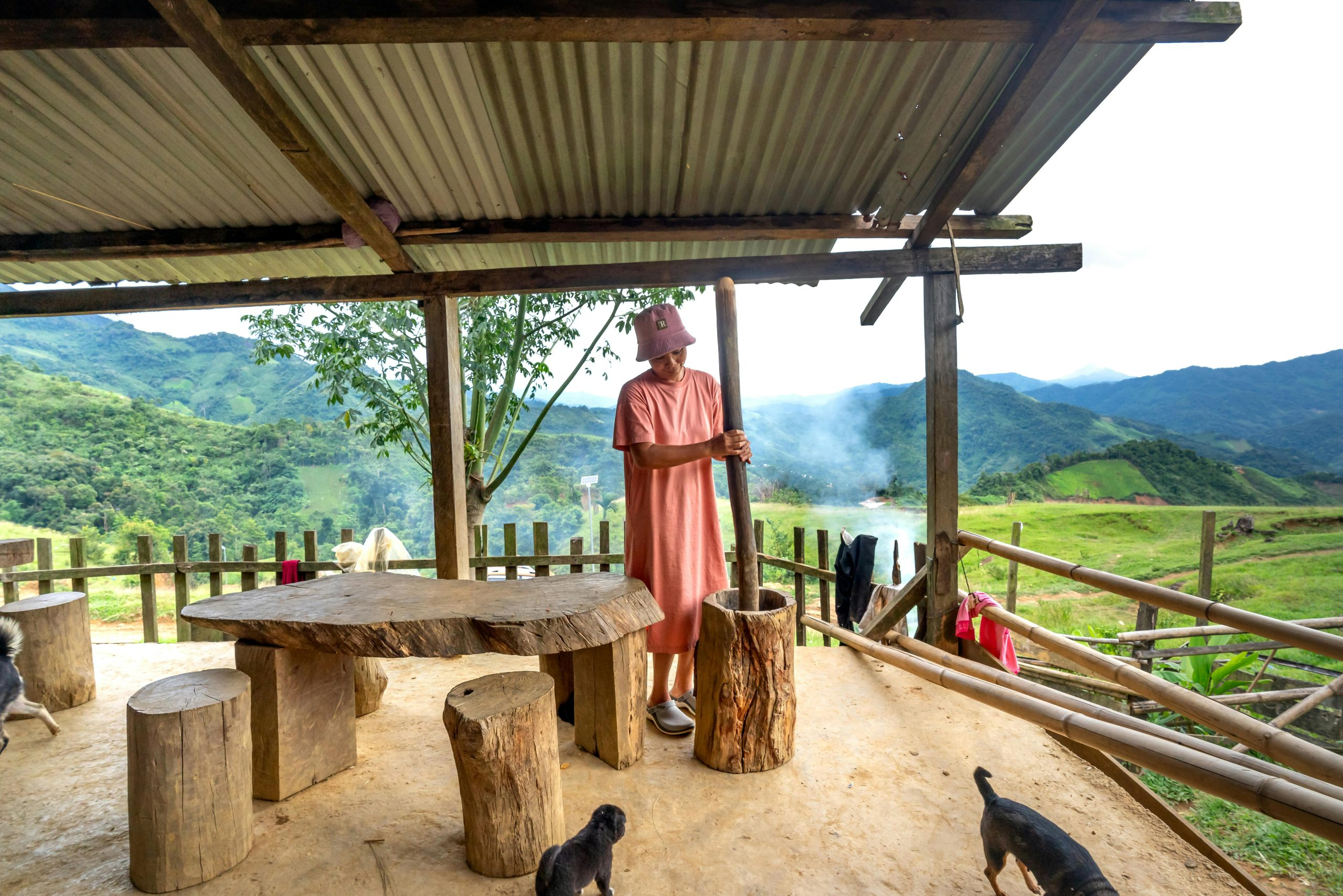The Rise of Eco-Villages: Sustainable Community Living Models
The world is changing and so is our perception of sustainable living. As we become more conscious of the impact of our actions on the environment, the popularity of eco-villages is on the rise. These innovative communities offer an alternative model of living, one that puts sustainable practices at the forefront. Eco-villages are not just a trend, they are a way of life that is gaining momentum across the globe. Let’s explore the rise of eco-villages and how they are revolutionizing sustainable community living models.
What are Eco-Villages?
Eco-villages, also known as sustainable villages, are intentional communities that prioritize sustainable practices in all aspects of daily life. These communities aim to create a self-sufficient and harmonious living environment for its residents, while also minimizing their ecological footprint. The concept of eco-villages first emerged in the 1970s as a response to growing concerns about environmental degradation and the depletion of natural resources.
What Makes Eco-Villages Different from Traditional Communities?
Unlike traditional communities, eco-villages are designed with sustainability as a core principle. This means that eco-villages incorporate sustainable practices in all aspects of community living, including energy, food production, waste management, and transportation. Residents of eco-villages strive to live in harmony with nature and adopt a mindset of conservation and collaboration rather than consumption and competition.
The Benefits of Living in an Eco-Village
There are numerous benefits to living in an eco-village, both for individuals and the environment. First and foremost, residents of eco-villages have a significantly lower carbon footprint compared to those living in traditional communities. This is because eco-villages use renewable energy sources, implement sustainable waste management practices, and promote a more sustainable lifestyle overall. Additionally, living in an eco-village fosters a strong sense of community and encourages collective decision-making, leading to a more fulfilling and meaningful way of life.
The Rise of Eco-Villages
In recent years, there has been a significant increase in interest and investment in eco-villages worldwide. This rise can be attributed to several factors, including the growing awareness of the negative impact of climate change, the desire for a more sustainable lifestyle, and the need for community connection in an increasingly individualistic society.
Eco-Villages as a Solution to Climate Change
With climate change becoming a pressing global issue, eco-villages offer a solution that allows individuals to take action in their daily lives. By reducing their carbon footprint and living in harmony with nature, residents of eco-villages are contributing to the fight against climate change in a tangible way. Moreover, eco-villages also serve as learning hubs, inspiring and educating others to adopt sustainable practices in their own communities.
The Desire for a More Sustainable Lifestyle
As sustainability becomes a more prominent concern, many individuals are seeking ways to live a greener lifestyle. Eco-villages offer a unique opportunity for individuals to adopt a more sustainable way of life in a supportive and like-minded community. Many eco-villages also offer educational programs and workshops to teach sustainable living skills, allowing individuals to create a more sustainable future for themselves and generations to come.
The Need for Community Connection
In today’s fast-paced and individualistic society, many people are craving a sense of community and connection. Eco-villages provide a space for residents to connect with others who share similar values and ideals, creating a strong sense of belonging and support. This connection to like-minded individuals also fosters a sense of accountability, encouraging residents to maintain sustainable practices and work together towards a common goal.
The Future of Sustainable Community Living
The rise of eco-villages is just the beginning of a larger shift towards sustainable community living models. As individuals become more aware and conscious of their impact on the environment, the demand for eco-villages is expected to grow. With more funding and research being dedicated to sustainable living, we can expect to see even more innovative and eco-friendly practices being implemented in these communities in the future. As we continue to strive towards a more sustainable world, eco-villages offer a glimmer of hope and inspiration for a greener tomorrow.
In conclusion, the rise of eco-villages is a promising development in the pursuit of a more sustainable and environmentally conscious way of life. These communities offer a model of living that prioritizes harmony with nature, encourages community connection, and promotes sustainable practices. As the demand for eco-villages grows, it is clear that this trend is not just a passing fad, but a necessary step towards a greener and more sustainable future.











